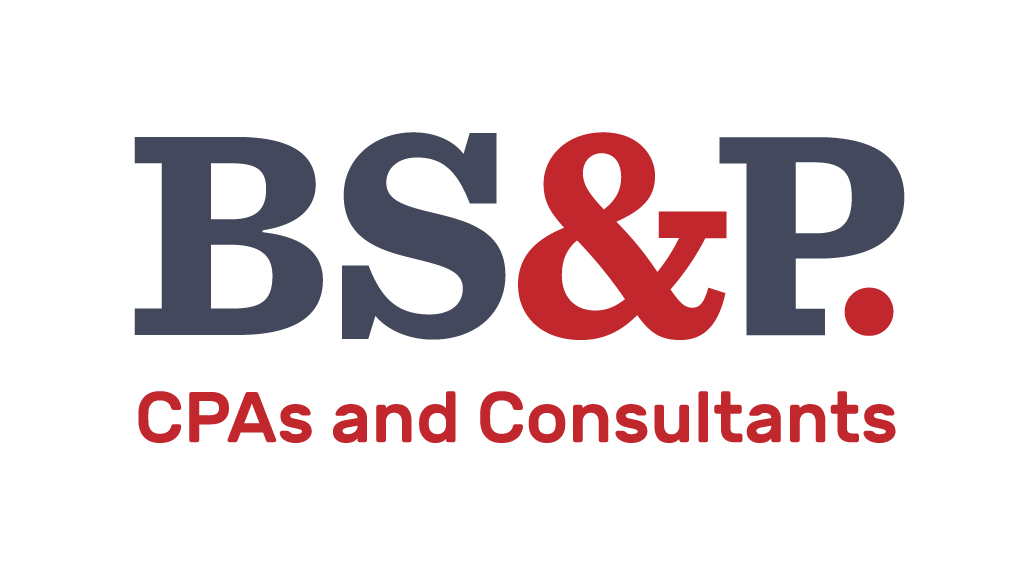Before interest rates rise again, you might want to refinance your commercial mortgage and put more dollars in your pocket.
Of course, you can check to see whether your bank can trim the interest rate on your mortgage by two or more percentage points. The loan origination fee and other closing costs could very well add a few points. However, you might be able to recoup this amount in less than a year because of the interest rate savings.
But don’t stop there.
If cash flow isn’t a problem for your company, consider a different arrangement. Instead of reducing your monthly payments, refinance to reduce the term of your mortgage. Because of the lower interest rate, you might be able to pay off your mortgage faster while keeping the same monthly payments.
Sometimes, businesses can profit by getting creative. For example, one medical group practice financed its own office building many years ago with a $1 million mortgage at 10%. When rates dropped below 8%, they explored some refinancing options.
One of the partners in the practice owned a home with more than $1 million in equity. The bank was more than happy to finance the doctor’s residence. The doctor used the $1 million he borrowed on his home at 7% to pay off the 10% loan on the office building.
The savings — 3% of $1 million — equaled $30,000 a year. The doctor’s loan origination fee and other closing costs came to roughly 2 1/2 points or $25,000. In the first few years, the physician more than recouped these charges from his interest savings.
Considering the 25-year term of the new mortgage, the effective annual cost of the refinancing was only $1,000 per year!
So, take another look at all your credit costs — not only on your commercial mortgage, but also on machinery, equipment, inventory, accounts receivable and lines of credit. Determine whether you can save by refinancing.
Review all loan documents, as well as rates and collateral reported in the footnotes to your financial statements. Perhaps you can negotiate terms that reduce the collateral if you make loan payments promptly for a certain period.
Question the rates your bank offers. Many people think that prime rates are for prime customers only. This isn’t always the case. Try asking for the London Interbank Offered Rates (LIBOR), which are often cheaper than prime rates for a bigger customer with good credit. LIBOR is the rate which banks charge each other for loans.
A rule of thumb: If you own mortgaged real estate or other property that you expect to keep for at least two years, refinance when rates drop by 2%. That way, you can reduce your monthly mortgage payments. Depending on the number of years left on the loan, you could end up saving thousands of dollars.
These are just a few ideas to consider. Your CPA can help you look at the debt carried by your company and help you identify ways to lower repayment costs or otherwise use debt to your advantage.
